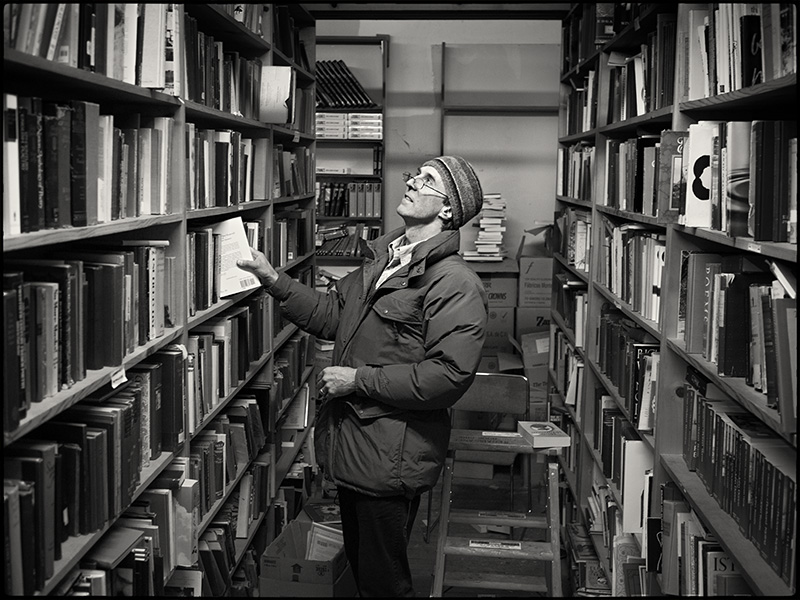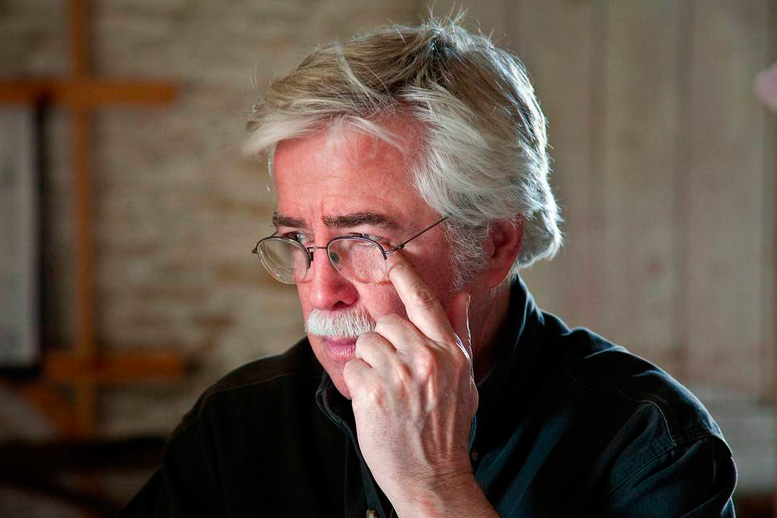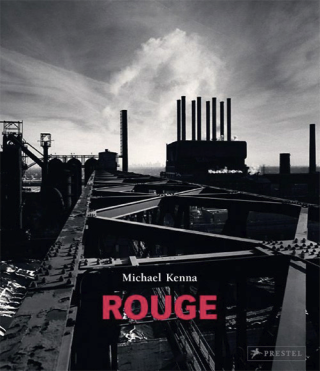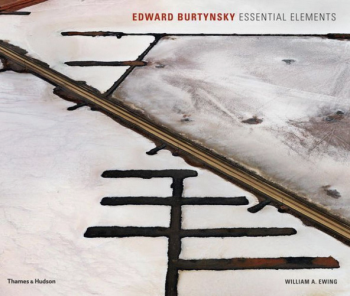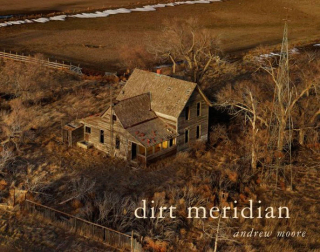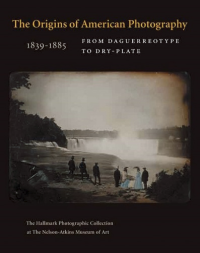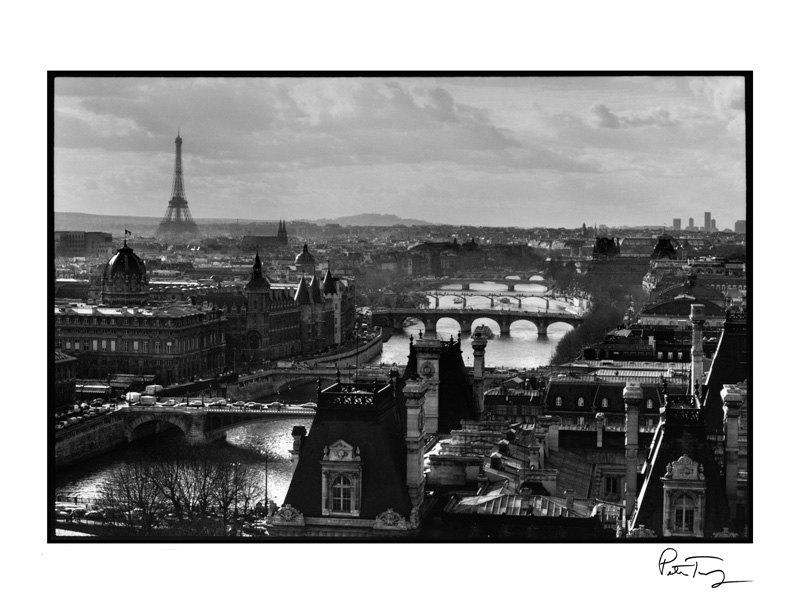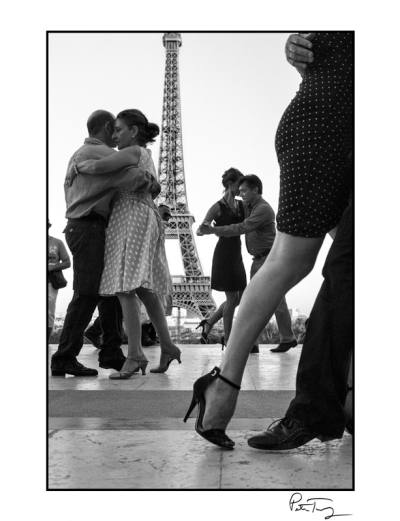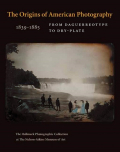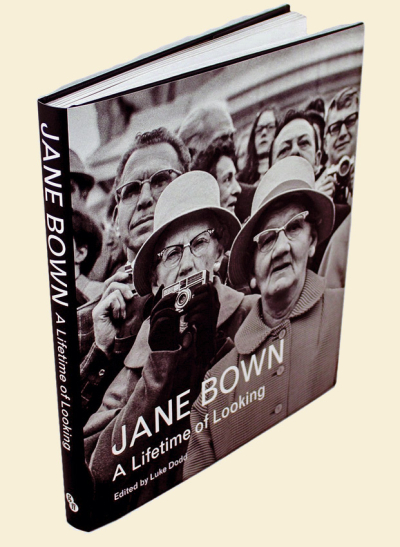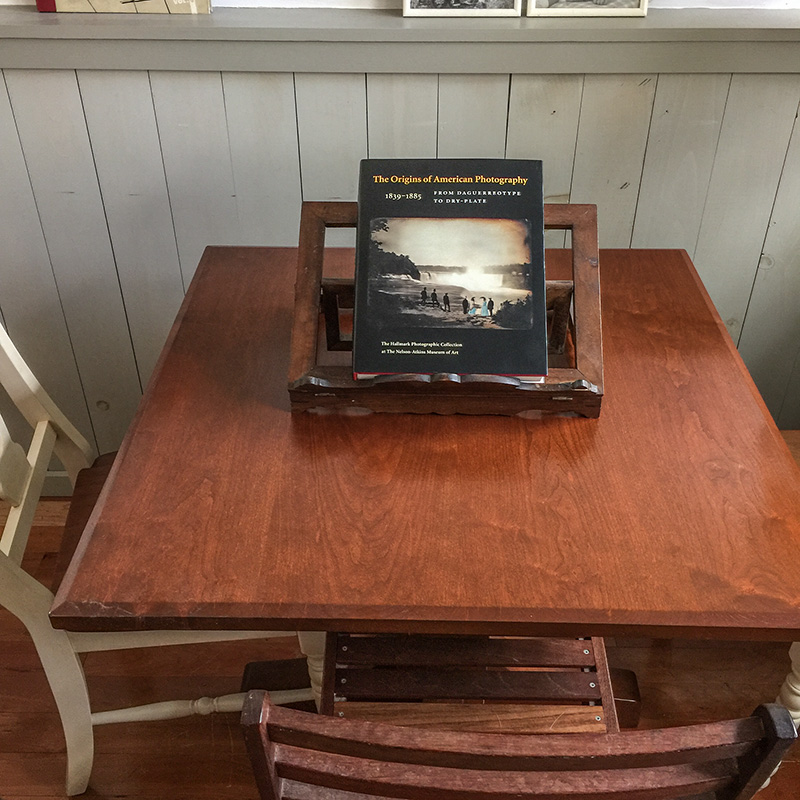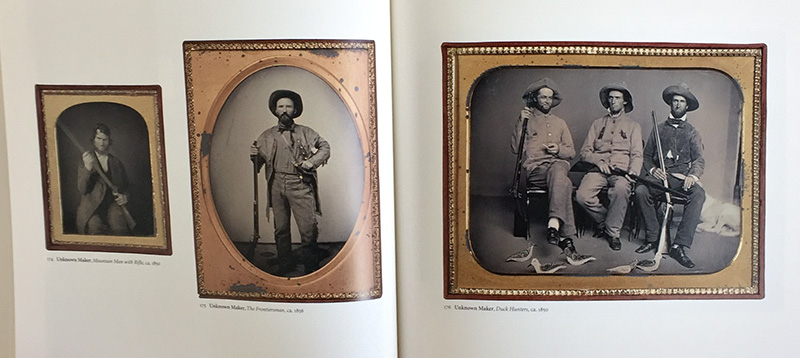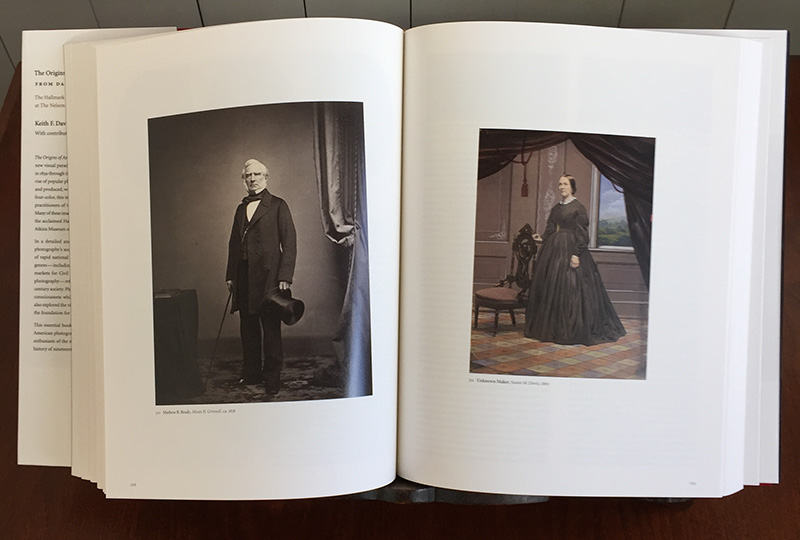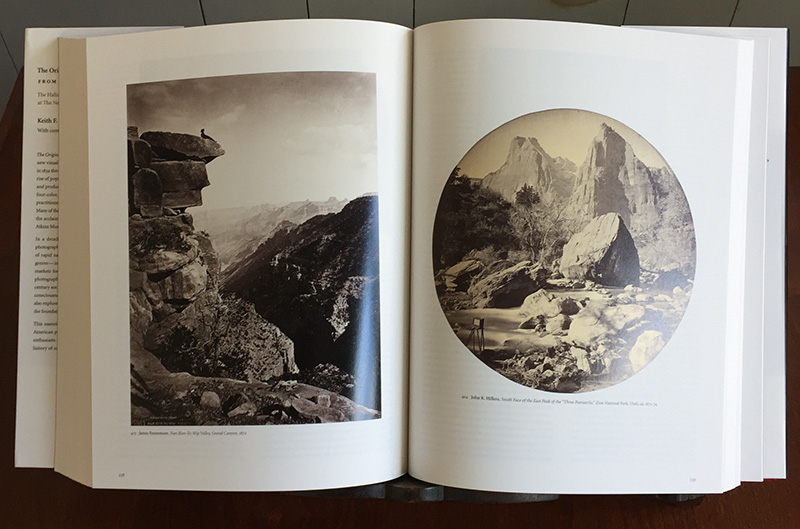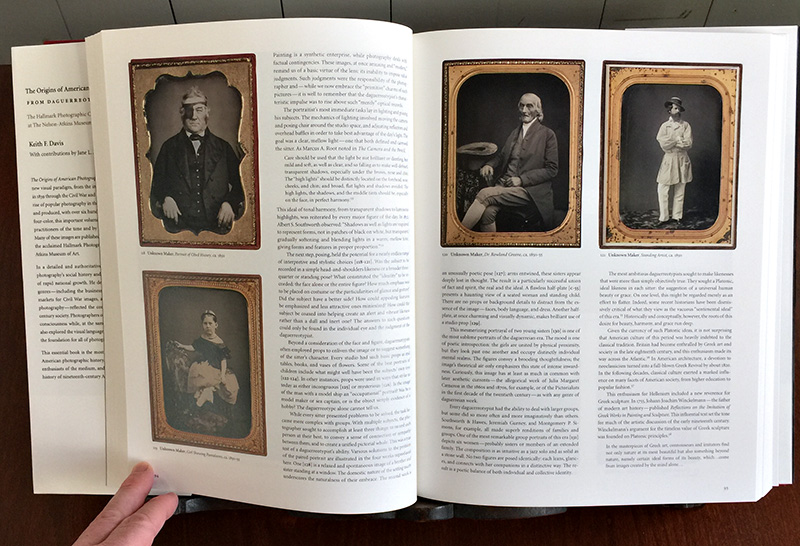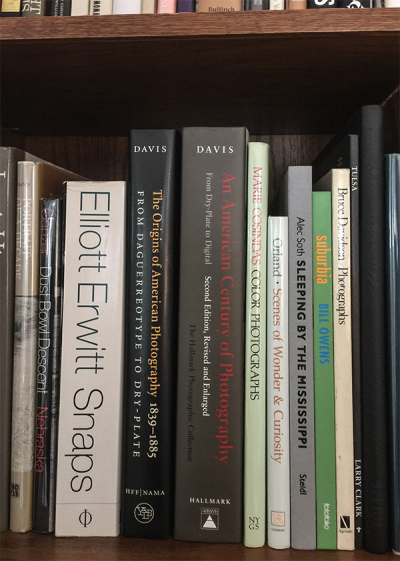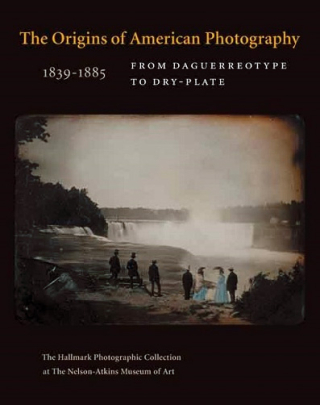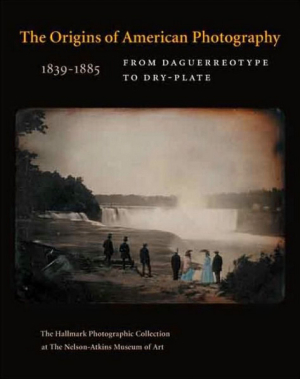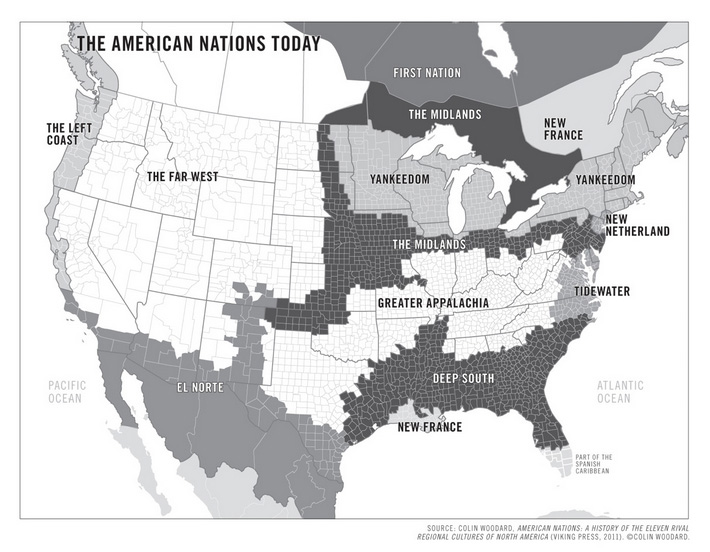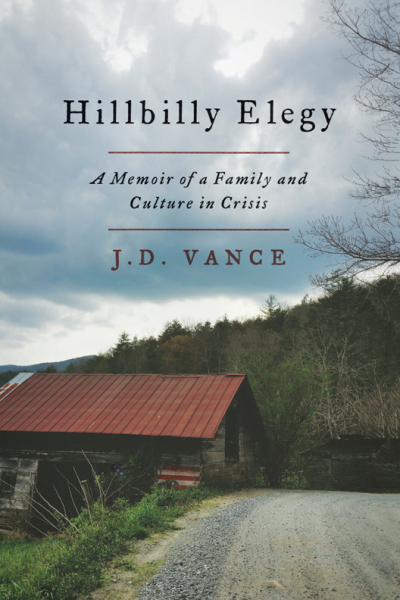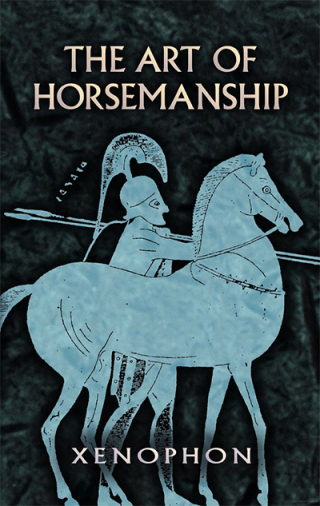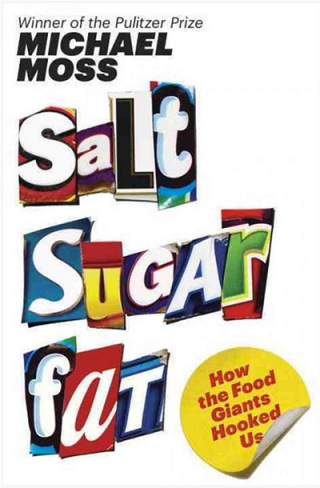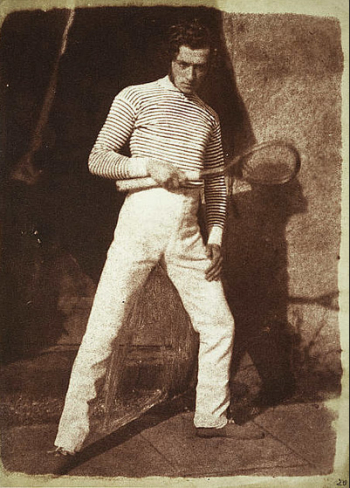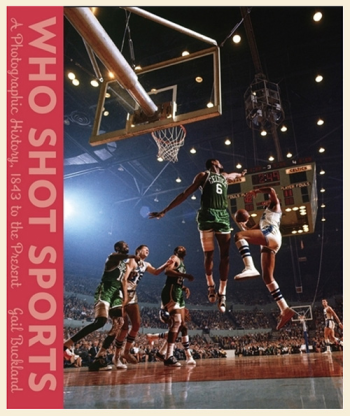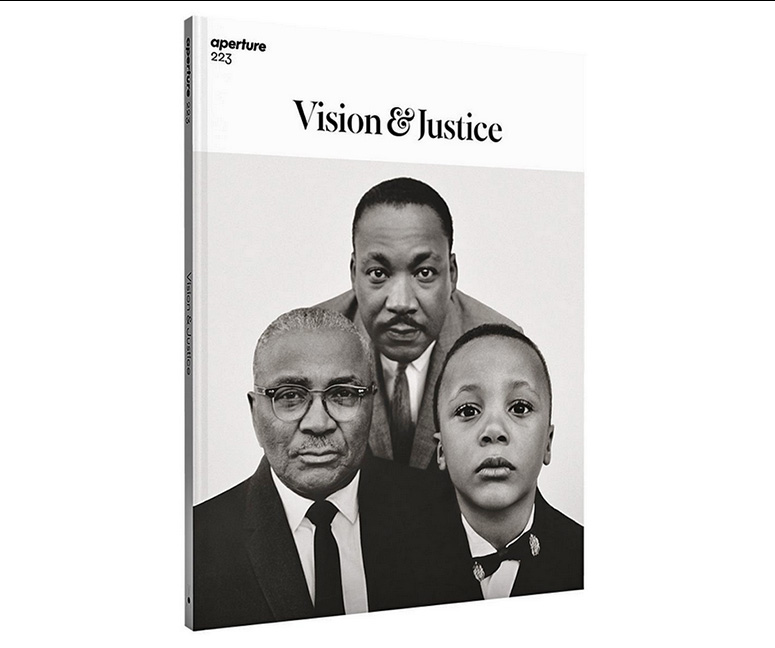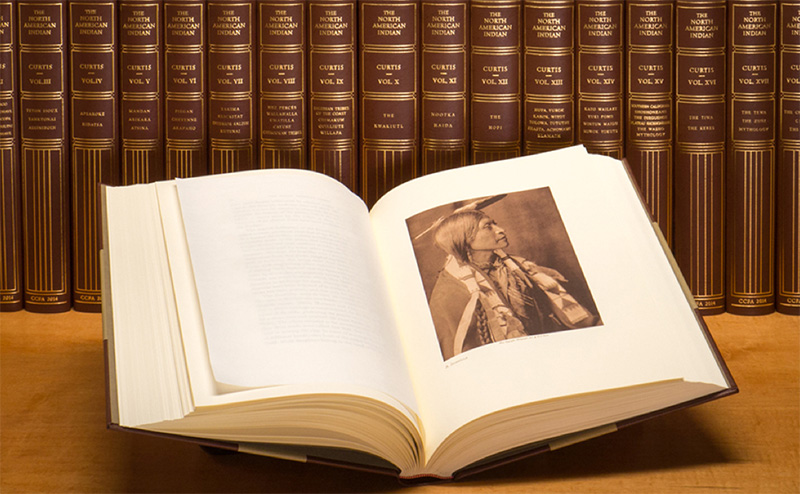When last we were talking about books, RubyT mentioned that she used to read 300 books a year. That's well into outlier territory, it seems to me. While phenoms, speed readers, invalids or the truly obsessed might log more than that, I would guess 300 books is quite a few more books than most people read.
So then posit a 70-year adult reading life, again verging into outlier territory.
That's 21,000 books.
Total. In a lifetime.
Sounds like a lot.
Except:
There are ~300,000 new and revised titles published in the United States and another ~180,000 in the United Kingdom, not to mention ~28,000 in Australia, every year. That's just the three leading English-speaking countries. Worldwide the estimate is 2,200,000 titles annually. Most of the non-English titles never make it to translation. Even if you assume that only 5% of all those titles in English reach any level of worthiness (there's a lot of cynical bookstore fodder, specialty titles, children's books, lowest-common-denominator entertainment, and just plain junk that gets published), that's still more titles published in the three leading English-speaking countries every year than our hypothetical heavy reader will be able to read in a lifetime.
Next, add in even just the very best of all the books published in the 542 years since Caxton published Recuyell of the Historyes of Troye, the first book printed in English using moveable metal type, in 1475. How many is that? I have no idea, but it's more than a heap.
Further, I have no idea how many foreign-language books are translated into English every year. But if we were to assume that 1% of books published in other languages make it into English, that's another 16,000+ books every year for you to miss most of.
Even if you read 300 books a year—I hit about 65 in a good year, and 2016 was not a good reading year for me—you can't begin to survey more than tiny smattering of all the worthy books that exist.
What to do?
The bull-by-the-horns, brute-force solution might seem appealing: Work at it harder! Devote more time! Read more books!
But that's like buying more lottery tickets. In terms of consuming what's available to read, it increases your exposure to the set of "all books in English" so infinitesimally that it's hardly worth the effort. If you want to read more because you enjoy it or want to learn more, great, but you're still only dipping a toe into the ocean.
I'd like to suggest an alternative: do the exact opposite. Read fewer books, but engage with reading more.
(Credit where credit is due: I got this idea from my friend Jim Schley, one day when the two of use were wandering the musty corridors of a vast used bookstore.)
Jim in the poetry section of the bookstore where we talked about this idea
Read fewer books, but pick them more carefully and read them more carefully; "read around" them, by reading related books, by the same author or different authors or literary critics; own multiple editions, with different introductions and apparatus; learn about the genre, the tradition, the author's influences and ideas; and so forth. Whatever makes the experience of the book richer and fuller for you.
Don't consume more, in other words; consume better.
Naturally I'm not saying you should do this with every book you read, or every author, of course. But if you really engage with one or two authors, two or three books a year, they "become yours" in a way books don't tend to do if you just rush through one to get to the next. The ones you engage with act as stand-ins for all those books you'll never read, all those authors you'll never sample, all those experiences you'll never have. If you can't experience every book, at least you can fully enjoy a few of the books you do experience.
Yikes
Well, I started out meaning to relate this idea to experiencing photography and dealing with the unending digital tsunami—everything above this paragraph was just the introduction—but I see this is already too long to be a blog post and I haven't even gotten there yet. Hmm, maybe writing books, "writing long," is not such a good idea for me after all! At any rate, as part of the audience for photography and photographers, we can't possibly see more than a tiny, tiny smattering of all the photographs that are available for us to see. Engagement is the best strategy, I think, to make our experience of the photography we do get to see richer and more satisfying. But how we would go about that is going to have to be a topic for another day.
I'm sure you have probably already figured out your favorite ways of engaging with work you like—maybe you could tell me!
Mike
Original contents copyright 2017 by Michael C. Johnston and/or the bylined author. All Rights Reserved. Links in this post may be to our affiliates; sales through affiliate links may benefit this site.
Like what you read?
Give Mike a “Like” or Buy yourself something nice
(To see all the comments, click on the "Comments" link below.)
Featured Comments from:
David Miller: "Whew!"
mike plews: "Lots of books on becoming a better writer but not many on becoming a better reader. This one is great, highly recommended."
Ernie Van Veen: "To be fair, most of those 2.2 million would be cookbooks. No, really."
Mike replies: Made me laugh. My ex-girlfriend Sara loved cookbooks, had lots of them, and often read recipes in bed before turning in. She was a fine cook, I thought. But I'd say only half the 2.2 million are cookbooks—the other half would be diet books. :-)
rusty: "Engaging with work (photos and photographers) I like comes through the filter of this and a few other worthy blogs: Lenscratch, Don't Take Pictures, LuLa and some others found through the above."
Marvin G. Van Drunen: "Does listening to audio books count as reading? My commute from home to office and back takes about 80 minutes per day five days a week, 50 weeks per year. I think that works out to 333.3 hours per year. I started, several years ago, to use that time to listen to books, mostly history and biography. The last three titles I have listened to are: Lyndon Johnson and the American Dream by Doris Kearns Goodwin, The Fall of Berlin, 1945, by Anthony Beever, and The Romanovs by Simon Sebag Montefiore. I'm currently listening to Benjamin Franklin, An American Life by Walter Isaacson. I really have learned a great deal over these years and I think that I am using my commuting time wisely. I actually look forward to the time spent. So, I'm not sure if this counts as reading, but I do love the experience."
Mike replies: Not sure if you're asking me, but I'd say heck yeah, that's reading. And it sounds wonderful, too. Sounds like you have a great commute. And by the way, a bookseller I respected once told me that the Walter Isaacson book you're listening to now was the best book he'd ever read.
Tom Hassler: "'Don't consume more, consume better'—excellent words to live by in all facets of life!"
Dennis: "Life is too short to drink bad wine. Actually, I gave up on the idea of being anything remotely like a wine connoisseur. I read a bunch about wines, started learning about regions, visited specialty shops, but the vast amount of wine out there coupled with the fact that I really don't drink much wine (I just enjoy it when I do drink it) made me realize I'm never going to try enough of it to develop a sophisticated appreciation. I know of people who discover they really like a particular wine enough to buy a couple cases of it. I might go through a case or two a year (and that's sharing with company). I joined a wine club, but quit after three months when I'd stockpiled enough for the next year. So I ask for recommendations. I can tell someone at the shop what I'm looking for and get a pretty good bottle.
"With photography, it's less a pull method than a push method—I'm not looking for recommendations, but there are people providing them. And it's quick and cheap to sample someone's work before committing to buying a photo book."
Jaap: "The book 'problem' multiplies when you are multilingual."
RubyT: "After I got over being startled to see my name in the first sentence, I realized this was the perfect opening to thank you for recommending Blue Highways, which I am now reading. I bought through your links and the seller never even mentioned the book had been signed by the author. I have a special box for inscribed books—important things are in the basement because we get windstorms here. It's one of many books you have recommended that I have enjoyed. I have a 'fast processor' (I'm sure this is not what they would have called it when I was a child), something I did not know existed until my children were in school and were tested. Two of them have it, two of them do not. It's a tremendous advantage in terms of being able to read quickly and still comprehend well. Perhaps less of an advantage in that it leads to poor study habits if you can finish all the homework in school and spend all your free time reading. I feel lucky to have been an introverted child whose parents wouldn't pay for cable TV. Back then I had so much free time, and I spent most of it reading. I also agree with your point today. Now that I have responsibilities in life I am much more selective. I used to obsessively finish every book, even if I didn't like it. I won't do that now, I don't want to sacrifice time for something that doesn't fully capture me."
David Dyer-Bennet: "I certainly read a lot, but it's mostly re-reads. When I have the energy to engage with something new, I usually end up using it to make something (well, either that, or go lie down until the feeling passes). I logged a bit under 100 new books for 2016—but that doesn't include re-reads a lot of the time, so the total number is five or six times that. At any given moment I have a book or two going on paper and a book going on my phone (my primary electronic reading device)."
Paul: "The flip side of too many books appearing in print is the problem of really good books being out of print or being simply hard to find. There are a few authors whose books I relish and I feel fortunate in having found them early enough to get copies of everything they wrote, but I think it's a shame that others either can't find them (certainly not in bookstores) or just aren't aware of them. I've long wished that I could find a resource where people share their favorite authors, so that we could identify others with overlapping tastes, and then sample their other favorites. That might help address the frustration I have that there are books I'd love to read but just don't know about them."
Mike replies: There's always NYRB Classics. That's tip o' the iceberg, of course, and doesn't contradict what you say.
